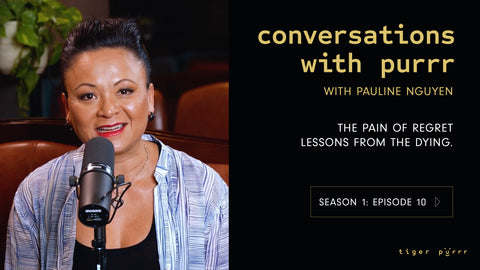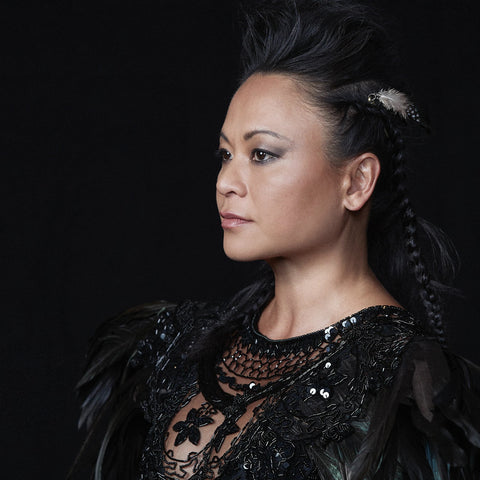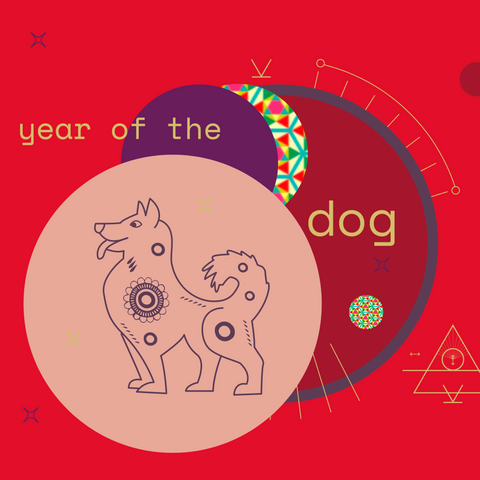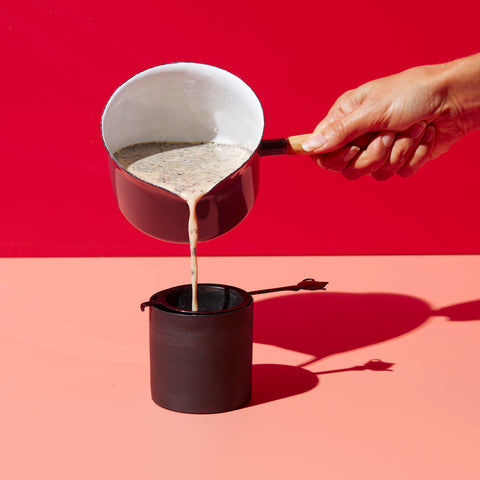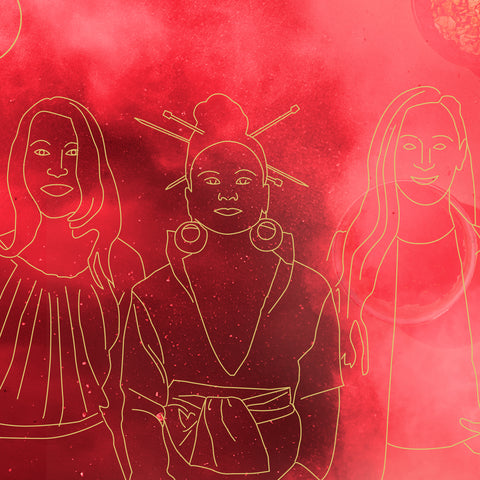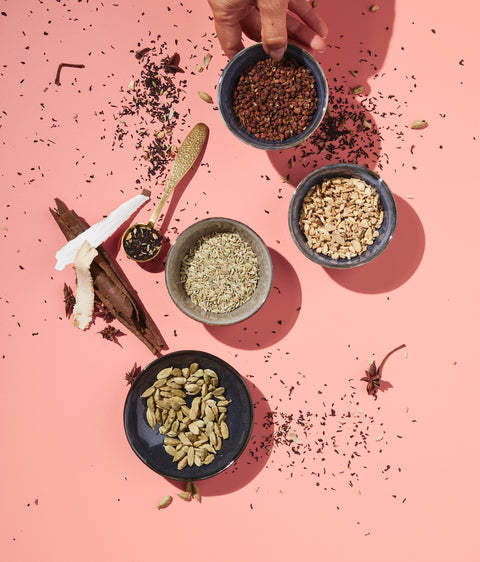The pain of regret. Lessons from the dying
Episode #10
Pauline Nguyen's very personal episode in the importance of living a regret free life
With my gorgeous brother Lewis in town I am inspired to share with you the story of Mary and Kate - two elderly residents of a hospice where Lewis and I used to volunteer.
Consumed by the guilt, frustration and sorrow of our grandmother’s long and drawn-out decline, we volunteered our time at the hospice. We wanted to face our own fears around death and dying.
Lewis is the kindest, most thoughtful, generous and naturally gregarious human I know. He is also a wonderful cook, so the hospice manager agreed to allow us to provide cooking demonstrations for the residents.
It was a delight providing sustenance for the residents on so many levels. We learnt that as long as we have our senses, we have the possibility of accessing what makes us human, and connected.
Occasionally profound conversations emerged, often with a common theme. Nearly all of the residents harboured regrets. And when I asked them what they would do differently, they expressed the common things again and again.
Regret for the things they had done alleviated over time, but it was regret for the things they did not do that left them the most heartbroken.
Over a cup of Tiger Purrr chai, I share lessons from the dying and how profoundly this calls for living a life free of regrets.
Topics Discussed
|
[00:24] |
In early 2000, after the death of our grandmother, my brother Lewis and I wanted to face our own fears around death and dying. And so, we volunteered our time in a hospice in downtown London. |
|
[01:18] |
In hospice patients, there is no more fighting to survive. There is only surrender. Lewis is a wonderful cook so we performed cooking demonstrations. Lewis injects a room with pure energy. |
|
[02:15] |
What touched us the most is seeing how much the residents came out of their shells. It was a delight providing sustenance for the residents on so many levels. We learnt that as long as we have our senses, we have the possibility of accessing what makes us human, and connected. |
|
[03:24] |
We also learnt that, no matter how old we get, we all crave human attention. To feel like we are a part of something. It made us sad knowing they didn’t have many magic moments to share. |
|
[06:07] |
Most of the time our simple presence was enough for the dying. Some asked to be read or sung to, or write letters to loved ones on their behalf. Many asked to have their hands held. You see people that are dying crave human touch. |
|
[07:15] |
When I got to know the residents a common theme emerged - nearly all of them had regrets. When I asked them what they would do differently, the same responses commonly emerged. |
|
[07:35] |
“I wish I had the courage to disappoint my family so I could live the life I wanted to live”, “I have so many dreams unfulfilled…” “I wished I laughed more” “I wish I had made the effort to do the work on myself” “I wish I had married the woman I loved”. |
|
[10:44] |
“If only” were the words I heard most often from the dying. These must be the two saddest words in the world. Regret for the things they had done had alleviated over time, but it was regret for the things they did not do that left them the most heartbroken. |
Links
Where to find Pauline:
TIGER PURRR
SIGNATURE PROGRAM
Spiritual Entrepreneur Accelerator
